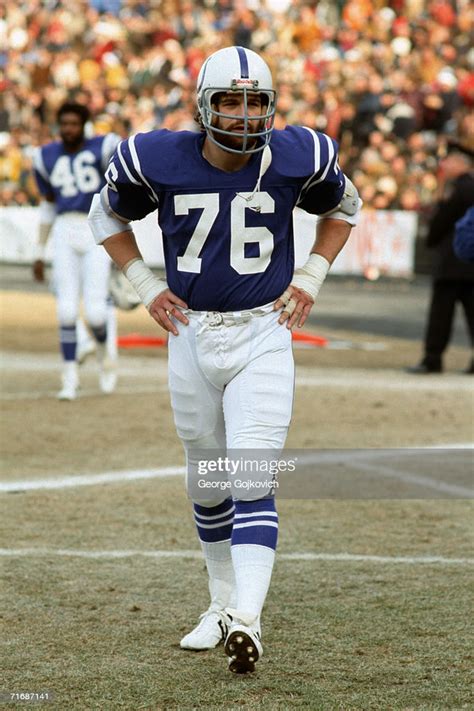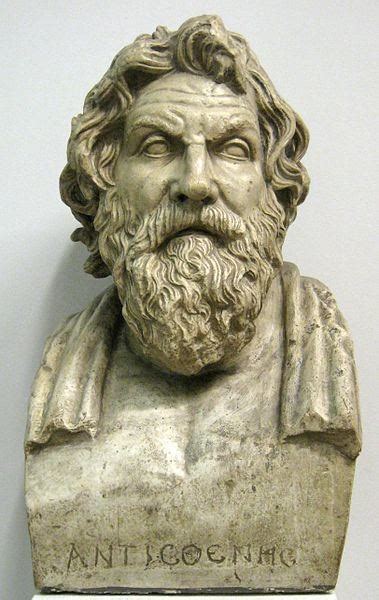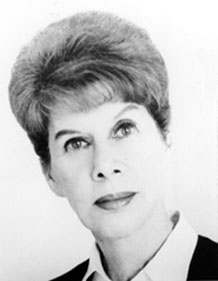A Quote by William Morris
All rooms ought to look as if they were lived in, and to have so to say, a friendly welcome ready for the incomer.
Related Quotes
When you are not feeling particularly friendly but know you ought to be, the best thing you can do, very often, is to put on a friendly manner and behave as if you were a nicer person than you actually are. And in a few minutes, as we have all noticed, you will be really feeling friendlier than you were.
My life, which seems so simple and monotonous, is really a complicated affair of cafés where they like me and cafés where they don't, streets that are friendly, streets that aren't, rooms where I might be happy, rooms where I shall never be, looking-glasses I look nice in, looking-glasses I don't, dresses that will be lucky, dresses that won't, and so on.
As a philosopher, if I were speaking to a purely philosophic audience I should say that I ought to describe myself as an Agnostic, because I do not think that there is a conclusive argument by which one can prove that there is not a God. On the other hand, if I am to convey the right impression to the ordinary man in the street I think that I ought to say that I am an Atheist, because, when I say that I cannot prove that there is not a God, I ought to add equally that I cannot prove that there are not the Homeric gods.
Communists must listen attentively to the views of people outside the Party and let them have their say. If what they say is right, we ought to welcome it, and we should learn from their strong points; if it is wrong, we should let them finish what they are saying and then patiently explain things to them.
The newspaper stories were like dreams to us, bad dreams dreamt by others. How awful, we would say, and they were, but they were awful without being believable. They were too melodramatic, they had a dimension that was not the dimension of our lives. We were the people who were not in the papers. We lived in the blank white spaces at the edges of print. It gave us more freedom. We lived in the gaps between the stories.






































